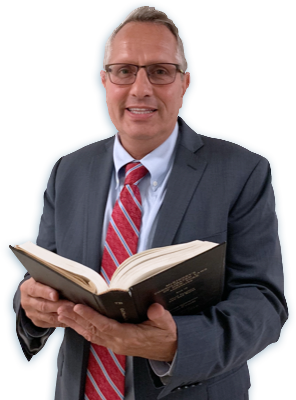The DWI laws in New York are a little different than those in many other states. For example, you can face arrest even if a breath test returns an alcohol reading of less than 0.08%, the measurement used to determine incapacitation.
Police officers in Queens and elsewhere rely on the results of breath tests (breathalyzers) to help them decide when an arrest is warranted. However, many people wonder if breathalyzers are accurate enough to indicate intoxication.
Two types of breath alcohol testing technology
Not all breathalyzers use the same form of technology to measure alcohol content. Some devices use semiconductor sensor tech, and others use fuel cell sensor tech.
Semiconductor sensor technology is subject to returning false positives on tested subjects. The chemical structure of ketones that naturally occur when the body breaks down fat cells are similar to alcohol and often affects accuracy. The close presence of tobacco smoke and chemicals (paint fumes, etc.) can also affect the accuracy of semiconductor sensor tech.
Fuel cell sensor technology is more accurate than semiconductor sensors, and it is what most police departments use to measure intoxication. Even so, many outside factors can affect the accuracy of fuel cell tech, including:
- Improper device calibration
- Foreign substances (mouthwash, breath fresheners, etc.)
- Human error (improper training, lax testing practices, etc.)
- Device software glitches
- Environmental factors (presence of chemicals, etc.)
The point is, no breath test is 100% reliable. When you have not had too much to drink, but your breath test indicates otherwise, it is worth the effort to defend yourself from a DWI conviction. Increasing your knowledge of alcohol testing methods and New York DWI laws can help you avoid a conviction and the hardships that typically arise in the aftermath.



